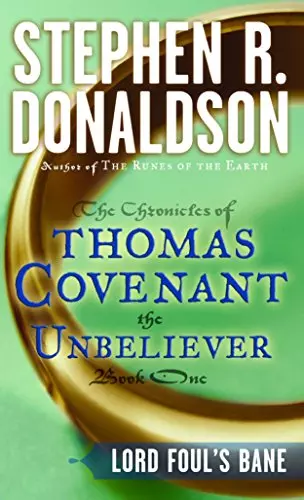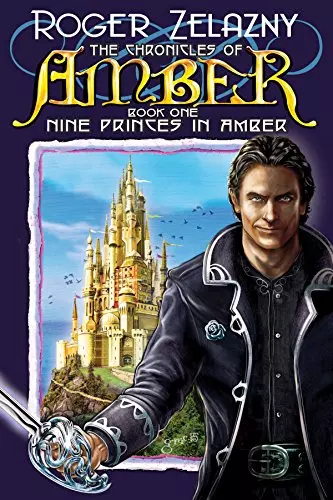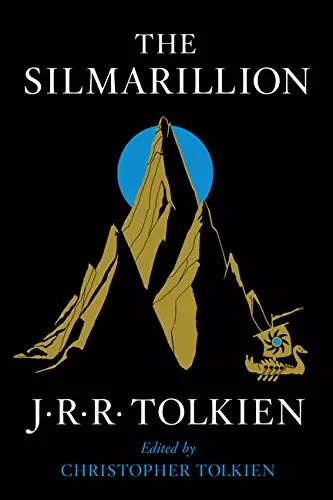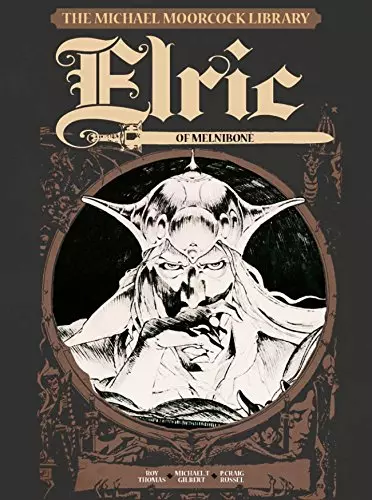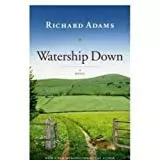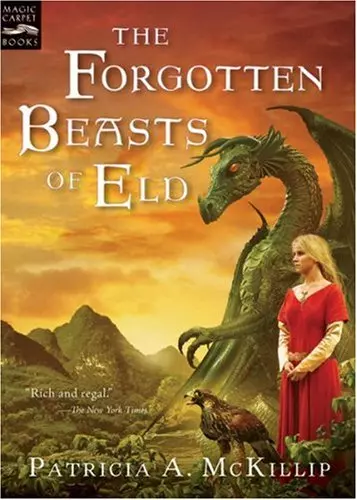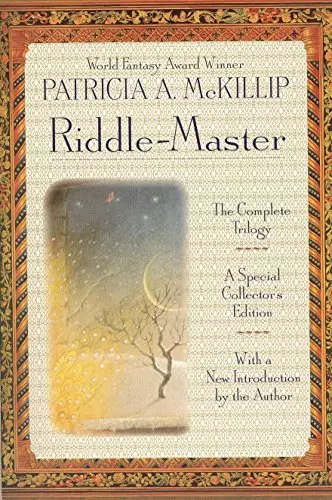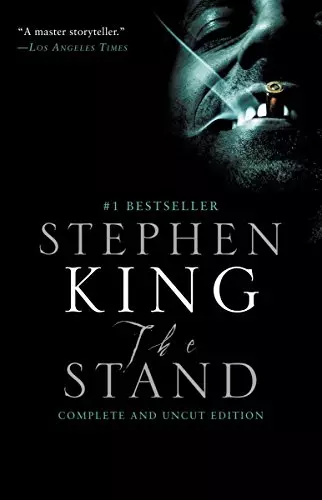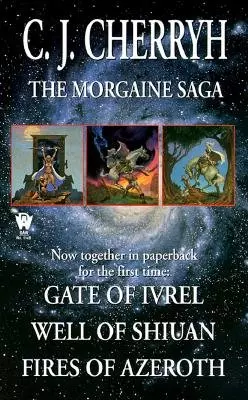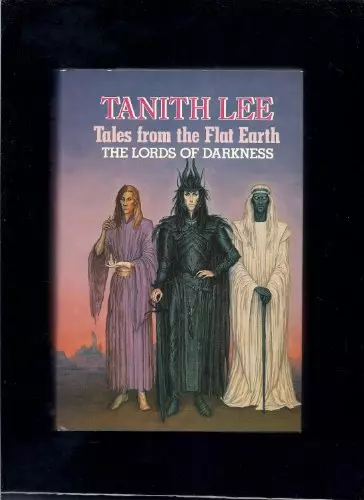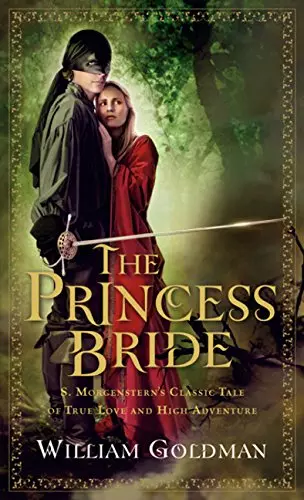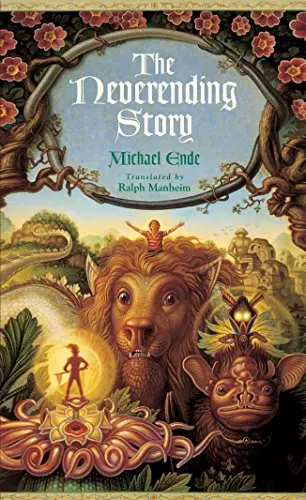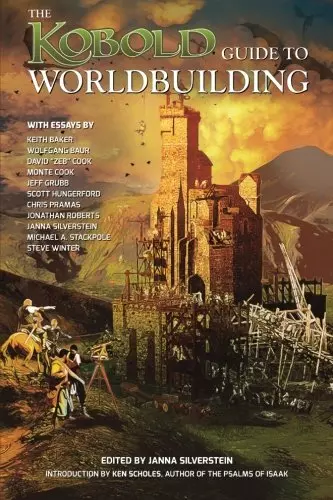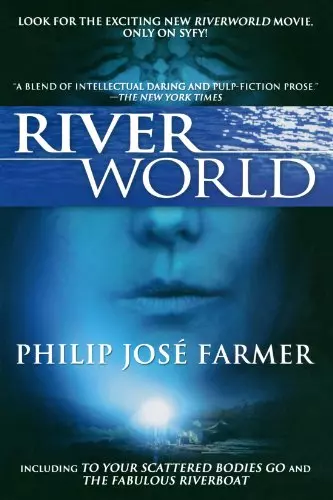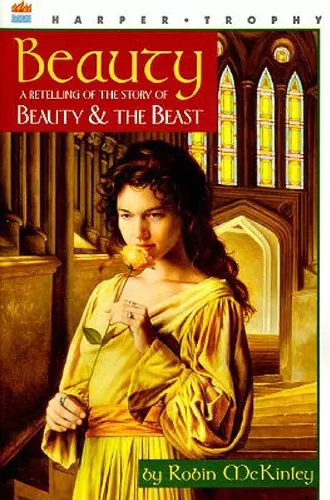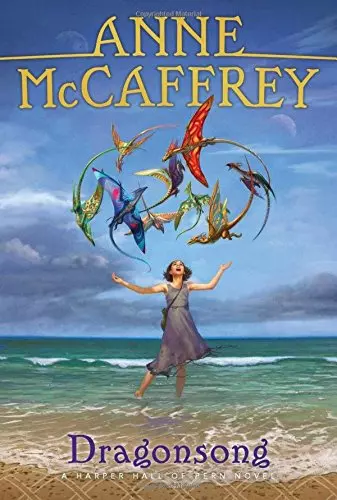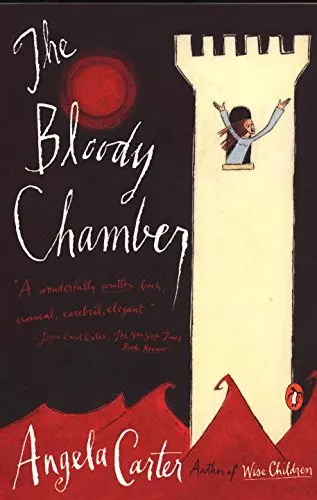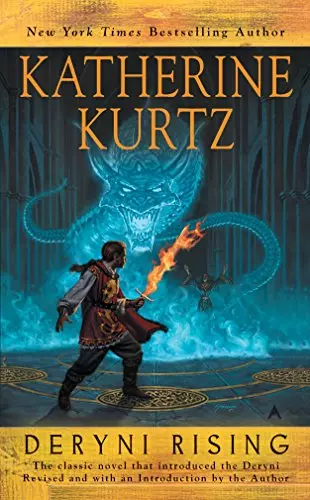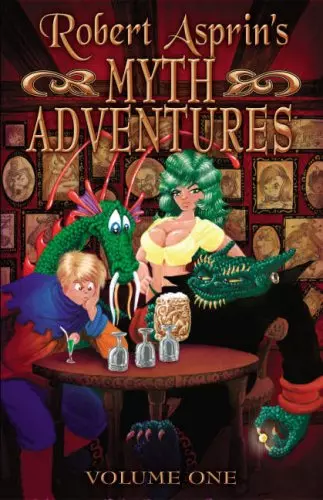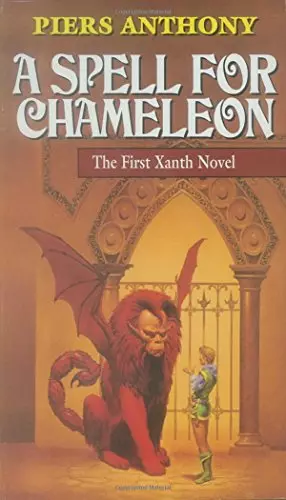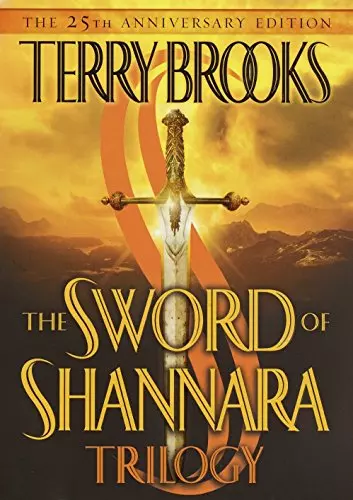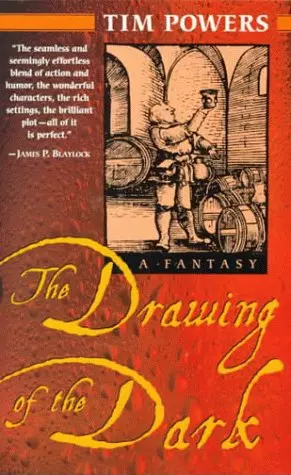Best Fantasy Books of the 70's
The Best of the Best Fantasy Written in the 1970's
The 70's saw us Afro hairstyle, the Me generation, the continuation of the Cold War, the end of the Vietnam war, and death of the hippy trail.
It was also a golden decade for fantasy, with the invigorated genre taking everything great about the 60's -- complex heroes, grand worlds, interesting characters and making it better and bigger.
However, more focus was given to complex characters, well-defined worlds, and an emphasis on strong, independent female characters mark fantasy in the 70's.
We also see the rise of the anti-hero in fantasy, pioneered by books like The Chronicles of Thomas Covenant and the Amber series -- a decidedly anti-Tolkien vision of fantasy.
Not all fantasy was complex or subversive though; the 70's also saw a rise to 'bestseller fantasy' -- highly derivative fantasy written specifically to address the tastes of the market place -- appetites singularly whetted and honed by Tolkien's grand fiction.
Thus we saw the launch of the Terry Brook's Shannara empire -- a highly inspired version of Lord of the Rings re-written for the modern market.
Regardless of the quality of this kind of fantasy fiction, what remains undisputed is how well these types of books did in the marketplace, which is proving through strength of sales that readers were indeed eager for a Tolkien-like tale.
And because the selection of fantasy available was rather slim at the time (as compared to now), these bestseller fantasy books influenced generations of future writers.
This list is our selections for the best fantasy of the 70's: those standout fantasy books that made a real dent in the genre and proved highly influential (or at least, highly successful in the marketplace).
If you love the 70's, you'll want to check out our Best Fantasy Books of the 80's for arguably one of the best fantasy decades and the genesis of many of the best fantasy books ever written (and still highly regarded in 2000's). You'll also want to look at our Best Fantasy of the 60's to see the top books that in many ways inspired 70's fantasy.
Ranked Fantasy Books
Trending Books in Best Fantasy Books of the 70's
Trending Fantasy Booklists
Best Fantasy Magic Systems Books
Top Best Fantasy Magic Systems Books
Best Fantasy Series
A list of the best fantasy series in the genre (from all fantasy subgenres)
Top 25 Best Fantasy Books of the 90's
The Best Fantasy Books Published in the 1990's
Top 50 Best Epic Fantasy
The Absolute Best Epic Fantasy Series
Top 100 Fantasy Books
The Top 100 Best Fantasy Books Ever Written
World Fantasy Award Winners
The Prestigious World Fantasy Awards for Best Novel

